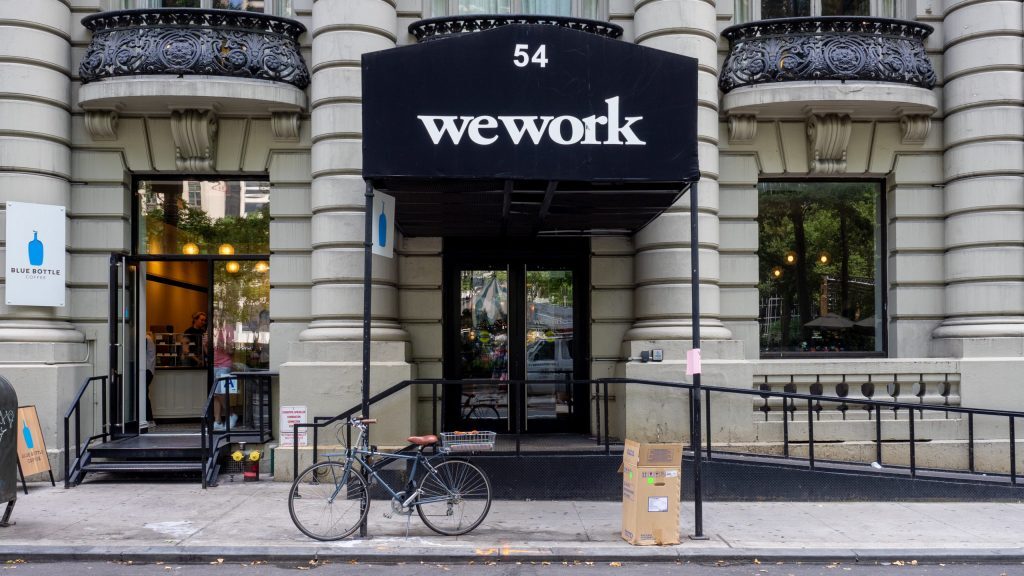Wow. WeWork is not just a case study of how not to do an initial public offering (IPO), but of how not to run a business.
Until last month the New York-based company that provides co-working spaces was on track to be this year’s second-biggest IPO in the US after Uber. It was the most valuable startup in America and the latest unicorn posterchild.
Then, on 14 August it filed its S-1 prospectus and its dirty linen was laid bare. Within six weeks of that document appearing, cofounder and CEO Adam Neumann has been ousted, its IPO has been withdrawn, and thousands of its 12,000 employees are likely to lose their jobs. Amazingly in six weeks The We Company, as its formally known, went from a valuation of $47bn to fears of being bankrupt.
Within six days Triton Research CEO Rett Wallace correctly called it: “The prospectus is a masterpiece of obfuscation,” he told Bloomberg. He added: “If the underlying facts were positive, why would a company go to so much trouble to prevent you from understanding them?” Shades of the blood-testing hoax firm Theranos?
New York University marketing professor Scott Galloway put it: “We has gone from unicorn to distressed asset in 30 days. In just seven days, We lost more value than the three biggest losers in the S&P 500 have lost in the last year combined: Macy’s, Nektar Therapeutics, and Kraft Heinz”. Ouch.
The biggest loser is Japan’s SoftBank, which has invested $10.7bn since 2017 and owns 29% of We. SoftBank CEO Masayoshi Son was a big fan of Neumann’s, who called him “Yoda. He has the Force with him”.
But Son’s two biggest bets, through his $100bn Vision Fund, Uber (down 24% since listing) and WeWork have significantly underperformed; as have other investments in Slack (down 30%) and Bharti Airtel Africa (down 25%).
Like many tech startup founders, Neumann is charismatic and has a work-hard, play-hard reputation, like the ousted Uber cofounder Travis Kalanick. But the WeWork prospectus revealed potential conflicts of interest by Neumann, who appears to have bought buildings in his personal capacity before renting them through his business.
After these disasters Son said he is “embarrassed and impatient” about these US investments.
Founded in 2010, WeWork has raised $12bn but has never been profitable. In the first six months of this year alone it lost $690m despite $1.5bn in revenue. It went from one location in New York to 528 in 111 cities, including a grand building in the new refurbished Rosebank strip on Oxford Road. As it grew, it shifted from hotdesking for startups and entrepreneurs to bigger businesses looking for cooler and more creative premises. We said 40% of its business was with companies who have over 500 employees.
But, like so many tech firms that have focussed on growth over profitability, that strategy doesn’t work when you go public.
In the headline of the year, New York Times columnist Kara Swisher summed it up: “WeWork: Is there any there there?”
Turns out the answer is no.
Header image: Ajay Suresh/CCA2.0




